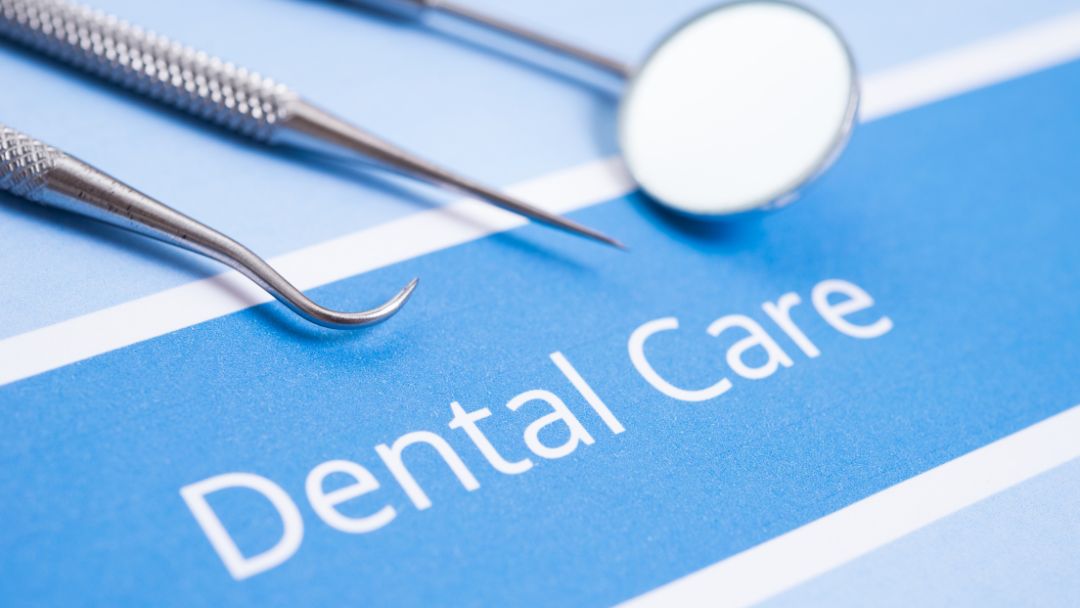Outline
- Introduction
- The Importance of Oral Health
- Oral Health and Overall Well-being
- Preventing Dental Issues
- Understanding Preventive Dentistry
- What is Preventive Dentistry?
- Components of Preventive Dentistry
- Benefits of Preventive Dentistry
- Early Detection of Dental Problems
- Avoidance of Costly Treatments
- Preservation of Natural Teeth
- Key Practices of Preventive Dentistry
- Regular Dental Checkups
- Proper Oral Hygiene
- Healthy Lifestyle Choices
- Educating and Empowering Patients
- Dental Health Education
- Personalized Oral Care Plans
- Conclusion
- FAQs
Introduction
Maintaining good oral health is essential for overall well-being. Preventive dentistry plays a vital role in preserving the health of your teeth and gums. By focusing on proactive care and early intervention, preventive dentistry helps you achieve long-term oral health and avoid more extensive treatments. In this article, we will explore the significance of preventive dentistry and the practices that can enhance your dental well-being.
The Importance of Oral Health
Oral health is closely linked to your overall health and quality of life. Poor oral health can contribute to various health issues, including gum disease, tooth decay, and systemic conditions such as heart disease and diabetes. Taking care of your teeth and gums is crucial for maintaining a healthy smile and a healthy body.
Preventive dentistry plays a crucial role in safeguarding your oral health. By adopting preventive measures and seeking regular dental care, you can prevent dental issues from occurring or detect them in their early stages.
Understanding Preventive Dentistry
What is Preventive Dentistry?
Preventive dentistry is a proactive approach to oral health care that focuses on preventing dental problems before they arise or addressing them in their early stages. It involves a combination of professional dental care, patient education, and personalized oral hygiene practices.
Components of Preventive Dentistry
Preventive dentistry encompasses various components, including:
- Regular dental checkups and cleanings
- Dental X-rays for early detection of dental issues
- Sealants to protect vulnerable teeth
- Fluoride treatments to strengthen tooth enamel
- Oral cancer screenings
- Patient education on proper oral hygiene practices and healthy lifestyle choices
Benefits of Preventive Dentistry
Preventive dentistry offers several key benefits that contribute to long-term oral health:
Early Detection of Dental Problems
Regular dental checkups allow dentists to detect dental problems at their early stages. Early intervention can prevent issues from progressing, saving you from more extensive and costly treatments down the line.
Avoidance of Costly Treatments
By focusing on prevention, you can avoid the need for complex and costly dental treatments. Preventive measures are generally less expensive than extensive restorations or tooth replacements.
Preservation of Natural Teeth
Preventive dentistry aims to preserve your natural teeth. By addressing dental issues early, you can avoid tooth loss and maintain a healthy smile.
Key Practices of Preventive Dentistry
To benefit from preventive dentistry, it is important to incorporate key practices into your oral care routine:
Regular Dental Checkups
Schedule regular dental checkups every six months or as recommended by your dentist. These visits allow your dentist to evaluate your oral health, detect any issues early on, and provide professional cleanings.
Proper Oral Hygiene
Maintain proper oral hygiene by brushing your teeth at least twice a day with a fluoride toothpaste and using dental floss daily. This helps remove plaque and bacteria that can lead to tooth decay and gum disease.
Healthy Lifestyle Choices
Adopting a healthy lifestyle can greatly contribute to your oral health. Avoid tobacco use, limit sugary and acidic foods and drinks, and follow a balanced diet rich in fruits, vegetables, and whole grains.
Educating and Empowering Patients
Preventive dentistry also focuses on educating and empowering patients to take control of their oral health:
Dental Health Education
Dentists provide education on oral hygiene practices, diet choices, and the importance of regular dental care. By understanding how to care for their teeth and gums, patients can make informed decisions regarding their oral health.
Personalized Oral Care Plans
Dentists create personalized oral care plans tailored to each patient’s needs. These plans consider factors such as dental history, risk factors, and individual preferences, ensuring a proactive approach to dental care.
Conclusion
Preventive dentistry is the key to achieving and maintaining long-term oral health. By embracing preventive measures, seeking regular dental care, and adopting good oral hygiene practices, you can prevent dental problems and preserve your natural teeth. Make preventive dentistry a priority in your oral care routine to enjoy a healthy smile and overall well-being.
FAQs
Q1. How often should I visit the dentist for a checkup?
It is generally recommended to visit your dentist every six months for a routine checkup. However, your dentist may suggest more frequent visits based on your oral health needs.
Q2. Are preventive dental treatments covered by insurance?
Many dental insurance plans cover preventive dental treatments, such as checkups, cleanings, and X-rays. It is advisable to check with your insurance provider to understand your coverage.
Q3. Can children benefit from preventive dentistry?
Absolutely! Preventive dentistry is beneficial for people of all ages, including children. Early exposure to preventive measures helps establish good oral health habits and prevents future dental problems.
Q4. Are sealants suitable for adults as well?
While sealants are commonly applied to children’s teeth, they can also benefit adults with deep grooves or fissures that are prone to cavities. Your dentist can assess whether sealants are suitable for you.
Q5. What can I expect during a dental checkup?
During a dental checkup, your dentist will examine your teeth, gums, and oral tissues. They may perform X-rays, check for cavities, assess your gum health, and screen for oral cancer. Professional cleaning and polishing may also be conducted.
